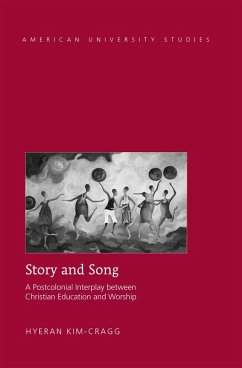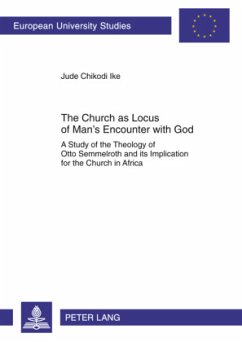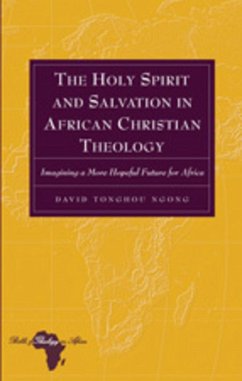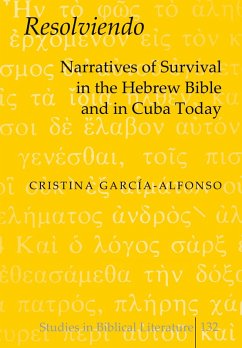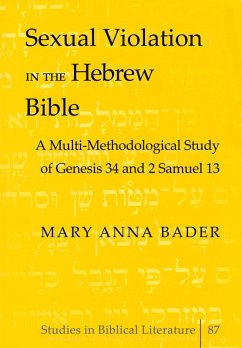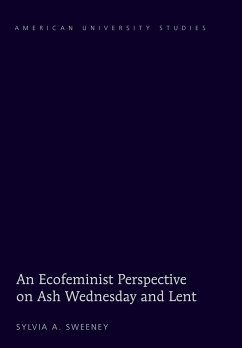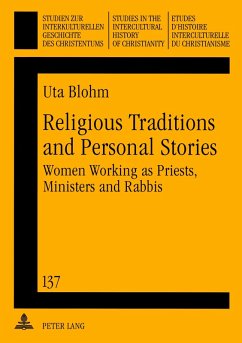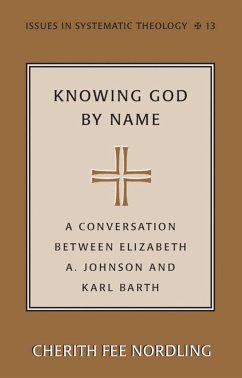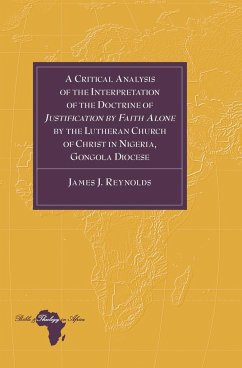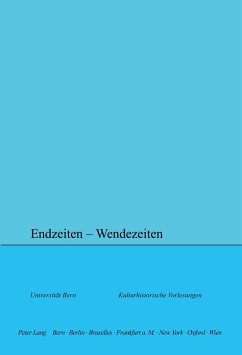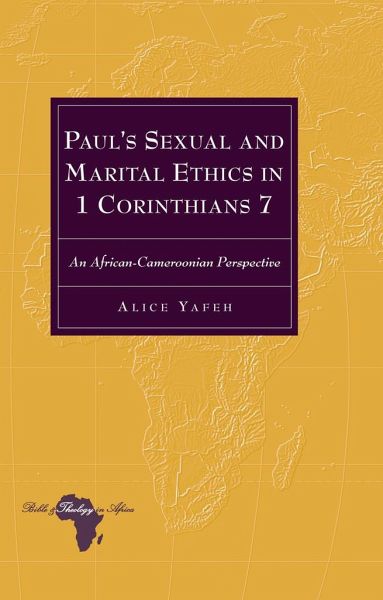
Paul's Sexual and Marital Ethics in 1 Corinthians 7
An African-Cameroonian Perspective
Herausgegeben: Holter, Knut
Versandkostenfrei!
Versandfertig in 6-10 Tagen
103,75 €
inkl. MwSt.
Weitere Ausgaben:

PAYBACK Punkte
0 °P sammeln!
Paul's Sexual and Marital Ethics in 1 Corinthians 7: An African-Cameroonian Perspective provides readers with an innovative interpretation of Paul's pastoral and pedagogical approach and solutions to the multifaceted ethical problems presented to him by the Corinthian community, revealing a wide-ranging, complex, and flexible decision-making process. Alice Yafeh's analysis also illuminates two different evaluations of the same ethical problem may be simultaneously relevant where operating assumptions diverge: first as a community in pursuance of the goal of undistracted devotion to the Lord, a...
Paul's Sexual and Marital Ethics in 1 Corinthians 7: An African-Cameroonian Perspective provides readers with an innovative interpretation of Paul's pastoral and pedagogical approach and solutions to the multifaceted ethical problems presented to him by the Corinthian community, revealing a wide-ranging, complex, and flexible decision-making process. Alice Yafeh's analysis also illuminates two different evaluations of the same ethical problem may be simultaneously relevant where operating assumptions diverge: first as a community in pursuance of the goal of undistracted devotion to the Lord, and, second, as individual members who must pursue that goal within the specific lifestyles in which they have been called.
The author argues that Paul's pastoral and theological approach, which is deeply motivated by a desire to inspire faithful Christian living and witness, can serve as a new model for evaluating pre-conversion polygyny; a model that is oriented toward positive and substantive change in the lives of women and children. Consequently, the implication of Paul's approach and judgments for contemporary Christian communities suggests the same believing community may adopt different ways of faithfully living out the practical implications of Christian view of marriage extended by Paul in 1 Corinthians 7.
The author argues that Paul's pastoral and theological approach, which is deeply motivated by a desire to inspire faithful Christian living and witness, can serve as a new model for evaluating pre-conversion polygyny; a model that is oriented toward positive and substantive change in the lives of women and children. Consequently, the implication of Paul's approach and judgments for contemporary Christian communities suggests the same believing community may adopt different ways of faithfully living out the practical implications of Christian view of marriage extended by Paul in 1 Corinthians 7.





